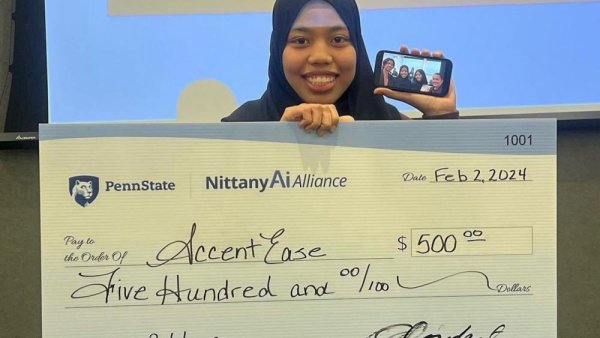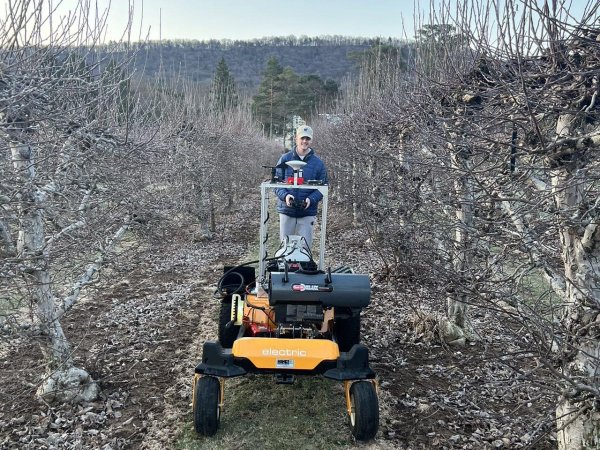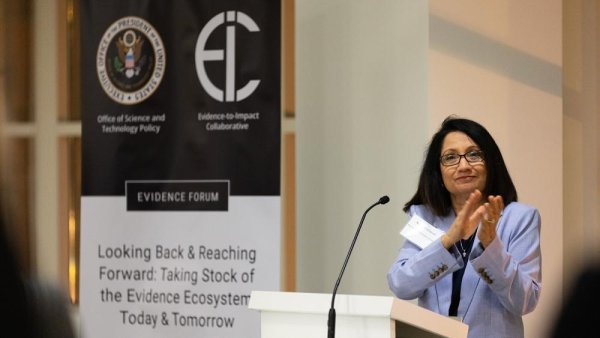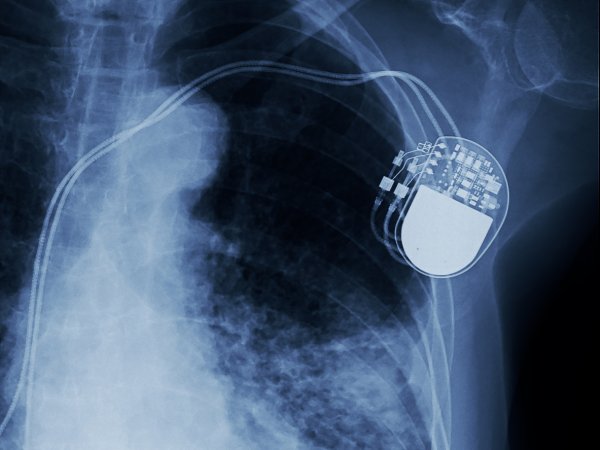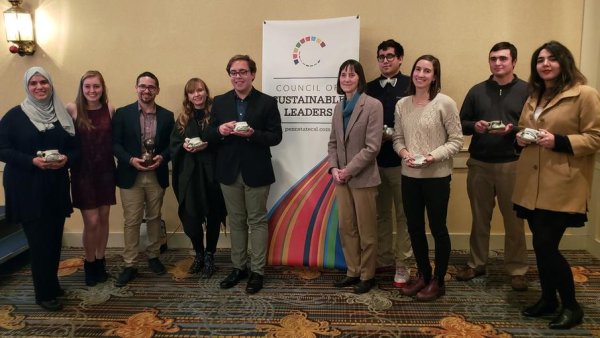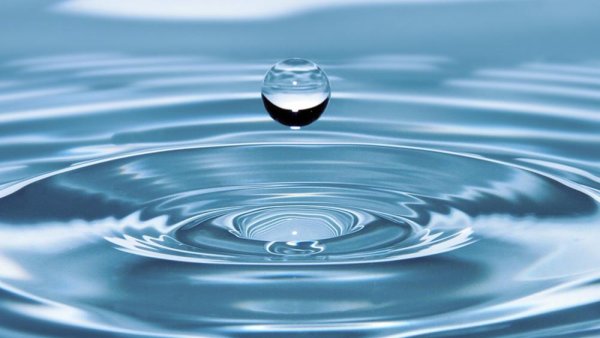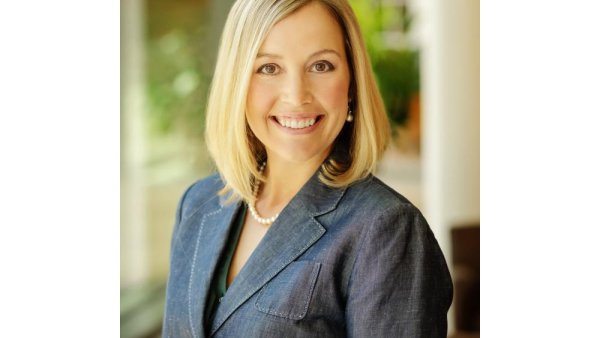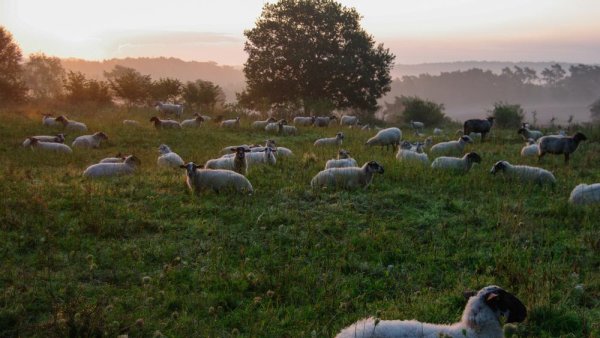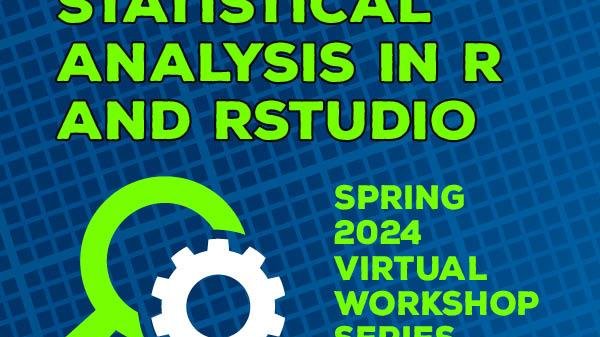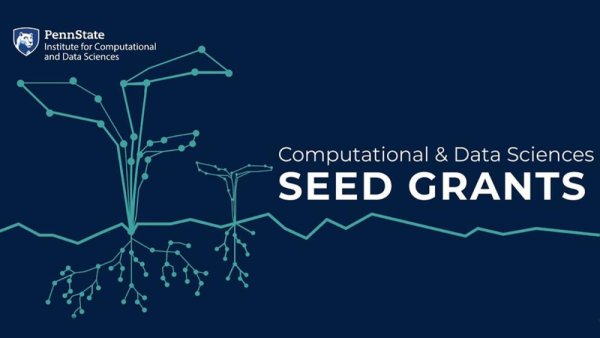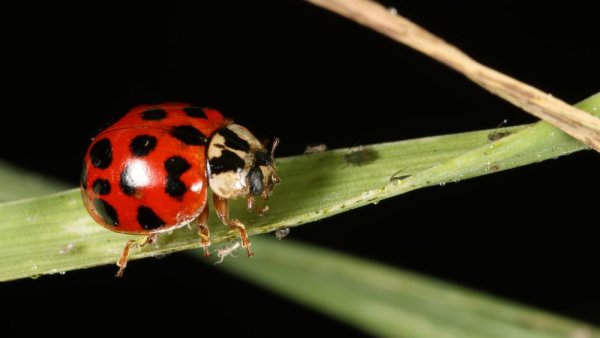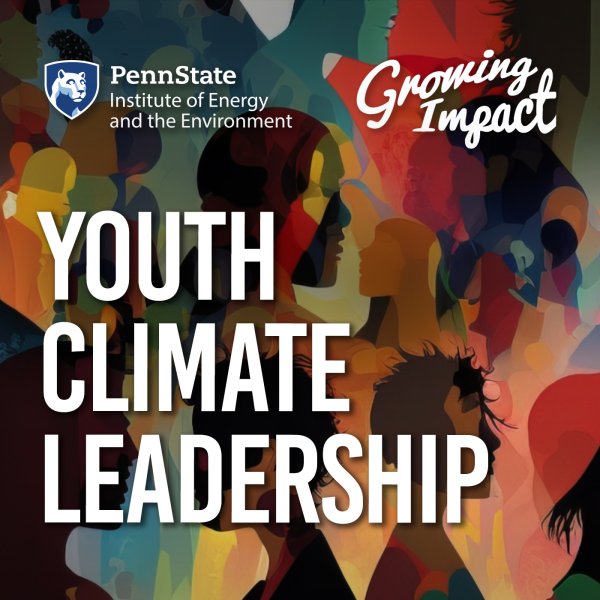Top student teams move to next phase of Nittany AI Challenge
| psu.edu
Eleven Penn State student teams using artificial intelligence (AI) for good to solve real-world problems in the areas of health, environment, education and humanitarianism are in the final phase of 2024 Nittany AI Challenge.
Cyber-physical heating system may protect apple blossoms in orchards
| psu.edu
Research suggests autonomous, intelligent system is capable of warming fruit tree canopies, preventing frost damage.
Penn State announces new public-impact research funding opportunities for campuses
| psu.edu
Penn State’s faculty, staff and students have always conducted research that serves the greater good. Now, by launching two new funding opportunities, the University aims to provide even more support to researchers and students at its Commonwealth Campuses who are conducting impactful work that benefits communities and improves the well-being of local residents. Applications are now being accepted and are due by April 12.
Tiokasin Ghosthorse to give public talk on Indigenous knowledge and language
| psu.edu
Indigenous scholar Tiokasin Ghosthorse will share his extensive knowledge with the community on Mar. 13 in the HUB Flex Theatre and online.
Dual-energy device unlocks potential for wireless medical implants
| interestingengineering.com
This first-of-a-kind device harvests dual-energy sources simultaneously with high efficiency. This article quotes Bed Poudel, associate research professor of Materials Science and Engineering, and Mehdi Kiani, associate professor of Electrical Engineering.
Nominations open for the 2024 University-wide Sustainability Awards
| psu.edu
Nominations are being accepted through March 22 for the 2024 Sustainability Awards. All members of the University community and the public are encouraged to nominate deserving candidates.
Second annual Penn State water conference slated for March 14-15
| psu.edu
The Penn State Association of Water Students, in collaboration with the Penn State Water Council, will host the second annual water conference, “Penn State Water Conference: Multidisciplinary Perspectives on Water,” on March 14–15 in the HUB-Robeson Center on the University Park campus and on Zoom.
Johnson Lecture in Science Communication to be held April 25
| psu.edu
Melissa Marshall, founder of the science communications consulting company Present Your Science, will give the 2024 A. Dixon and Betty F. Johnson Lectureship in Scientific Communication, titled "Talk Nerdy to Me," on April 25 at 6:30 p.m. in 100 Thomas Building on the Penn State University Park campus.
Temperature, humidity may drive future transmission of parasitic worm infections
| psu.edu
Studies on climate and infectious disease typically focus on temperature’s role on disease transmission. However, an international team led by Penn State researchers found that both temperature and humidity contribute to future trends in the transmission of parasitic worm infections.
Libraries announces workshop series on statistical analysis in R and RStudio
| psu.edu
Beginning March 13, the Research Informatics and Publishing department at Penn State University Libraries will offer a series of five virtual workshops on statistical analysis in the programming language R. The workshops are free and open to Penn State undergraduate and graduate students, postdoctoral scholars, faculty and staff. Advance registration is required by March 11.
Institute for Computational and Data Sciences is accepting seed grant proposals
| psu.edu
Penn State’s Institute for Computational and Data Sciences (ICDS) is accepting proposals for its 2024 seed grant program. ICDS seed grants are designed to foster innovative data science and high performance computing-enabled research. Penn State faculty from any campus or college can submit applications now through March 29.
Ladybug scents offer a more ecologically friendly way to protect crops
| psu.edu
A team of researchers led by Sara Hermann, assistant professor of arthropod ecology and trophic interactions in the Penn State College of Agricultural Sciences, has developed pest control tools based on chemicals present in interactions between ladybugs and aphids. These tools could offer farmers more sustainable pest-control options.

